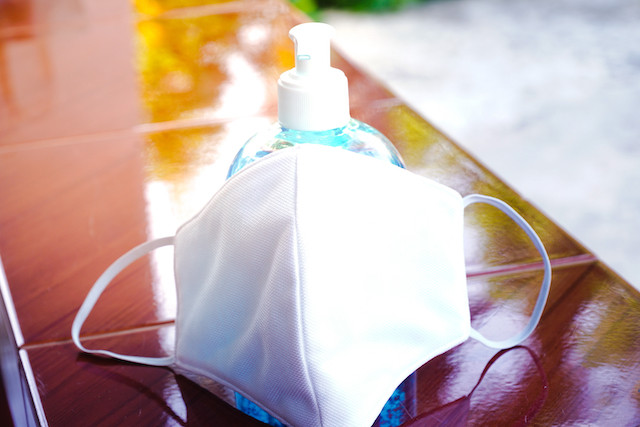According to The Brussels Times, Avrox won a bid to supply 15 million masks to the federal defence ministry by 24 May. The aim was to provide one fabric mask free of charge to every resident aged over 12 to be worn on public transport.
Avrox delivered the masks mid-June, later than the agreed date. According to The Brussels Times, the masks did not meet the requirement that they be machine-washable at 60°C. They have to be hand-washed at 30°C maximum. It has also emerged that the certification number used on the instruction manual provided by Avrox was withdrawn from circulation in 2016 and no longer valid. The investigation is based on a document filed by the central service for the fight against corruption, which handles matters of bribery, misuse of public funds, conflict of interest and embezzlement in public procurement, grants, permits and recognitions.
Avrox was cited in the article as saying that it has nothing to hide and will fully cooperate with the judicial authorities.
The trading company was established in Luxembourg in 2017, the only year for which it has filed accounts. These show just €574.50 on the current account, over €51,000 in tangible assets and debts of over €40,000. The firm ended the year with an almost €10,000 loss.
Since the start of the pandemic, Safety Gate, the European Union’s rapid alert system for dangerous non-food products has highlighted 45 different types of personal protective equipment masks, either because they have not been certified by the relevant protective equipment body or because the particle/filter retention of the material is insufficient. Luxembourg’s safety alert body, Ilnas, identified one type of particle filter mask.
Buying from Europe
Nicolas van Beek, a director for Luxembourg-based cosmetics and personal care firm JNS Labs, which sells masks and hand sanitiser told Delano in May that the quality of masks on the market can vary as very few are made in Europe. “We chose to buy from Europe. It’s easier and it’s a question of control. We know the quality of the product will be correct,” he said.
According to Luxembourg health minister Paulette Lenert (LSAP), responding to a recent parliamentary question from Michel Wolter (CSV), not all of the government’s orders for masks were honoured at the start of the crisis. This was a result of the instability of the market and the international situation. She wrote that regularly large orders had to be reduced because of the lack of availability of goods. In some cases, orders were only partially delivered or not delivered at all.
Luxembourg established a procurement unit for ordering personal protective masks at the start of the crisis, which Lenert said received 47 offers. Based on price, quantities promised and delivery dates, it ordered 85 million masks, costing between 12-68 cents each. Luxembourg has since issued each resident and cross-border worker with 50 disposable masks.
It placed most of its orders through Yiducloud China, Hunan Xiangyao Health lndustry, Paul Hartmann AG, Golden Panda, Hospilux, King Belgium, OPM Luxembourg, Comptoir Pharmaceutique luxembourgeois, Pharma United Co, and Shanghai Iron Horse, the minister said.
By the end of May, there were 26.7 million masks in the national stock.
